The experts do not believe self-regulation would be sufficient without oversight. The new regulatory body could be organized by existing licensing organizations such as the UK Copyright Hub, National Copyright Administration of China, the UK Intellectual Property Office, the Copyright Tribunal, or Information Commissioners Office.
Dr. Griffin said: "Digital watermarking and 3-D printed products present a future where objects can be searched for with nothing more than the equivalent of a Google search word. 3-D printing and digital watermarking specifically has not been considered by any government or regulatory body, nor has there been any regulatory research carried out on the matter. Our proposals help to ensure the protection of individual privacy in an increasingly digitized world."
"Oh noes! Someone's gonna print my thing and I'm not gonna get paid for it!"
The only other thing I can imagine from that article, which had quite a few glaring typos such as:
Legally governing 3-D printing is not straightforward as the underlying technologies are so precise. With 4-D printing objects print themselves and the use of augmented and virtual reality allows for enhanced tracking.
What? So someone in biomed 3d prints me some new arteries for some reason and they get installed. They propose all the tracking with copyright orgs so that the design of my arteries is protected?
Lol no. They want to have a formal way to sue the pants off amateur CAD designers for infringing copyright / patents whether intentionally or not.
. . . a new voluntary code of conduct to protect people's privacy, and a regulatory body to provide guidance and oversight.
Oh yeah, a regulatory body to just provide guidance and oversight. Right up until the lobbyists walk into parliament offices / congress. The pandering is not subtle.
Not sure if this paper is "I need to keep my tenure" or "please hire me away from this University"
Some more goodies:
. . . to trace, track and observe objects, which can reveal an incredible amount of information about the users of such content."
Oh yeah, good point. Like being seen using an Adroid phone? Or wearing Airpods? Or the carrier branding on your phone's exterior? How about the information your personal transport provides about you? Brand names on clothes? What about the home you live in?
The experts carried out 30 in-depth interviews with representatives from Chinese 3-D printing companies.
Mmhm. Best to consult the experts when it comes to privacy issues / tracking / intellectual property rights.
The article is kind of gross. The linked article gives it all away:
Academics will analyse what the impact of this system would be on copyright law. Credit: Shutterstock
So this article is a remix of another article which is itself a follow-up to a third article. That's quality content right there.
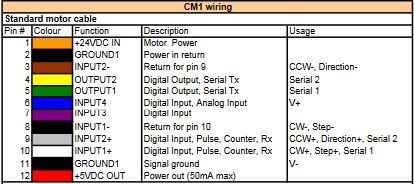

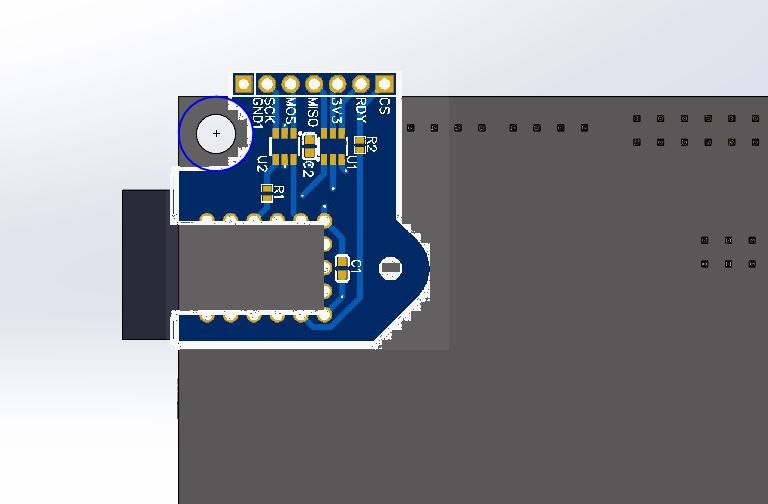

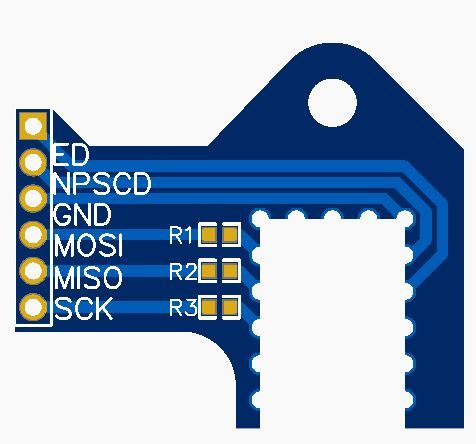


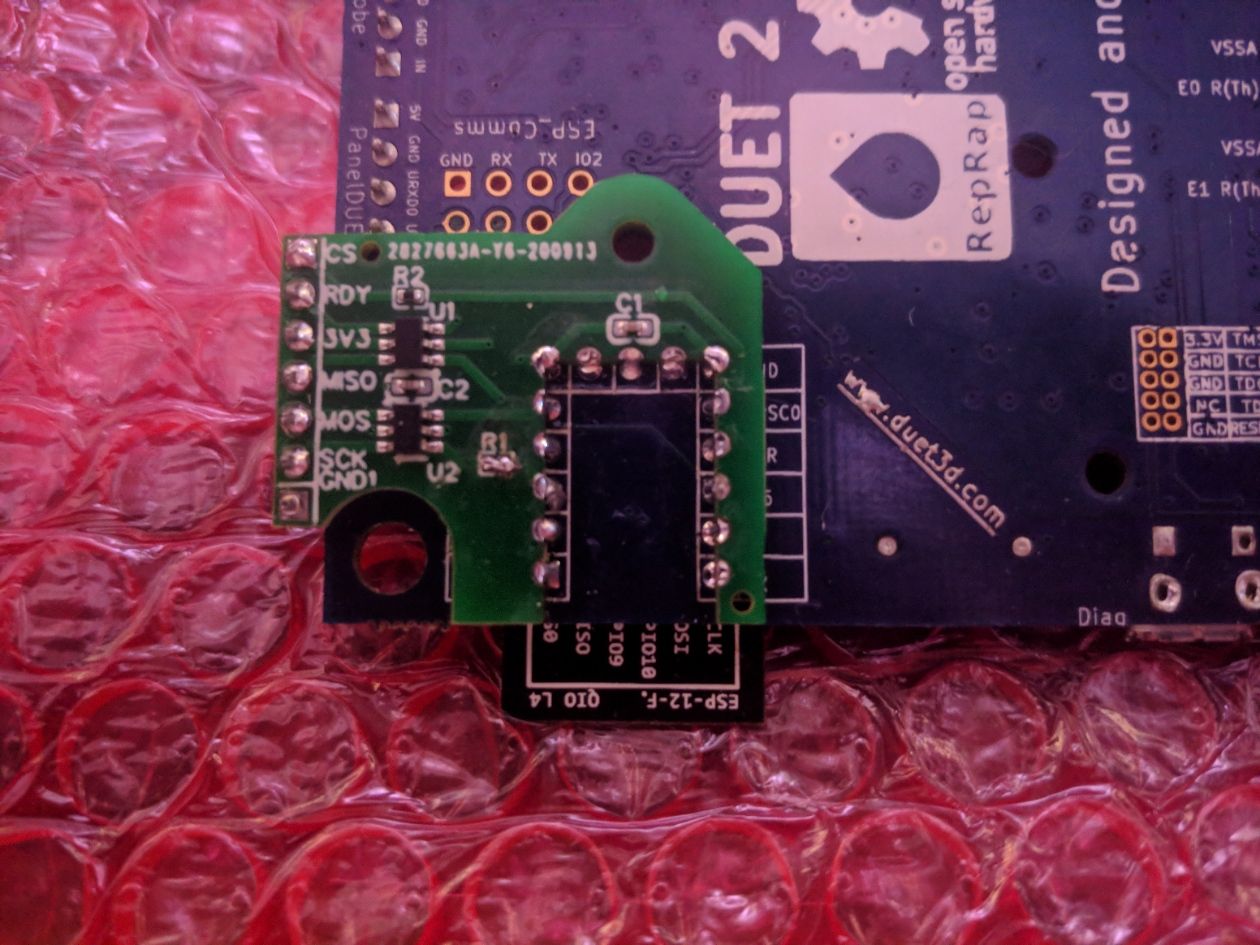
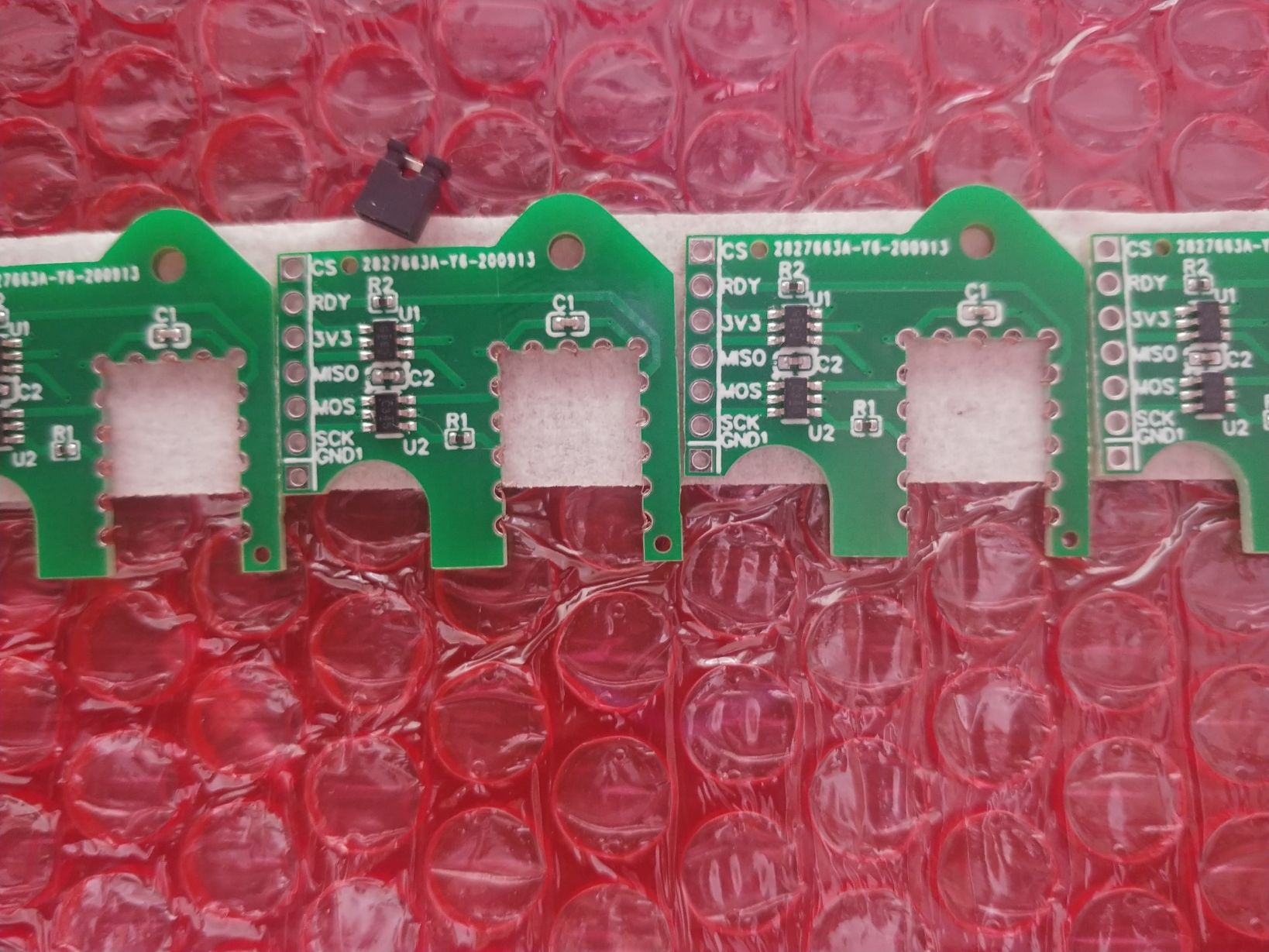
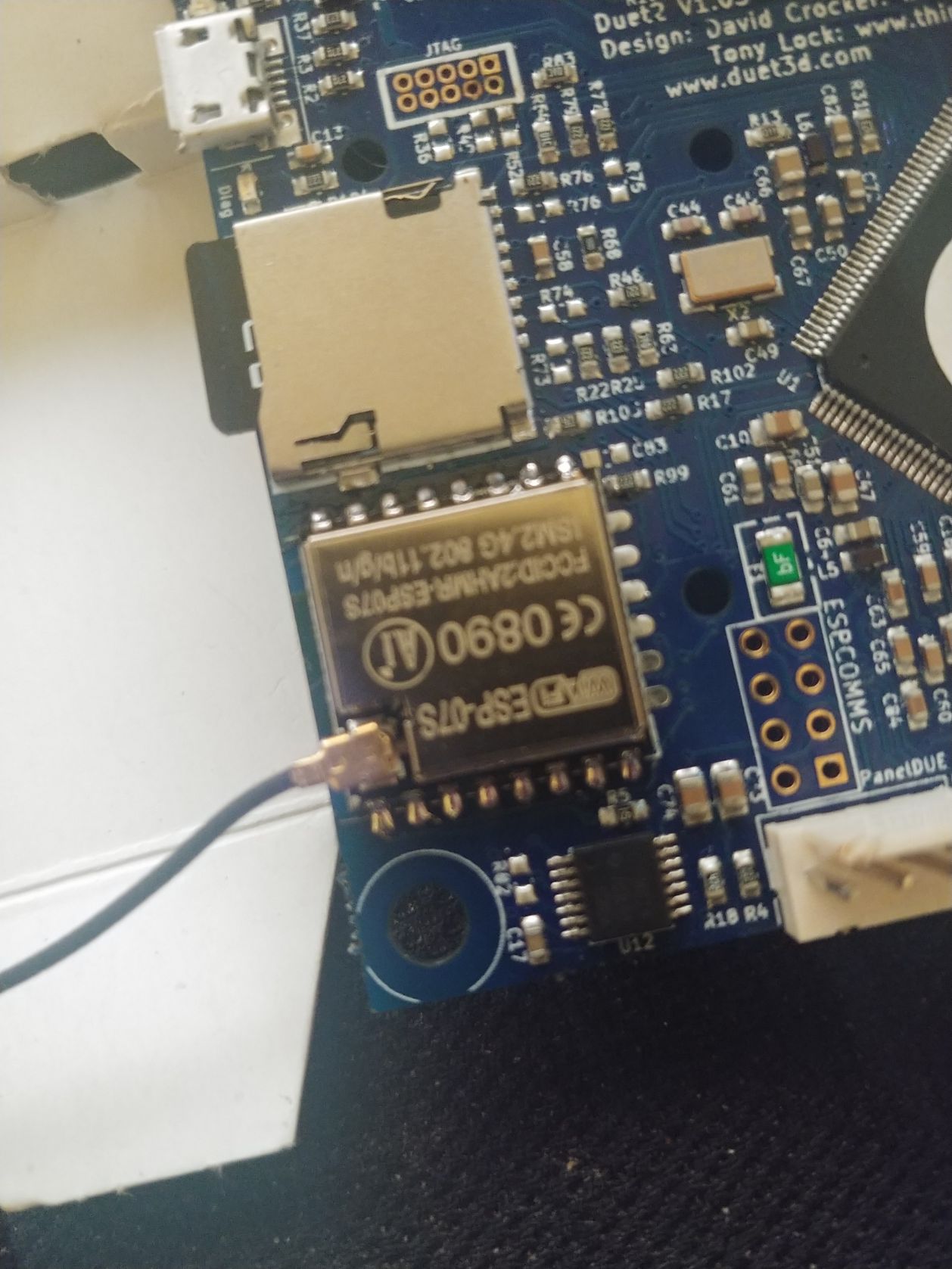

 thanks
thanks
